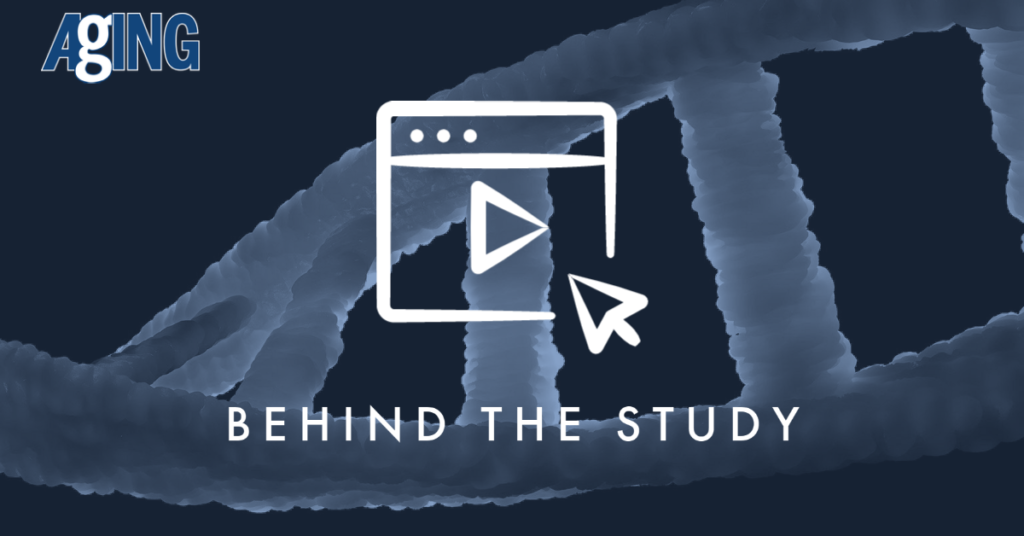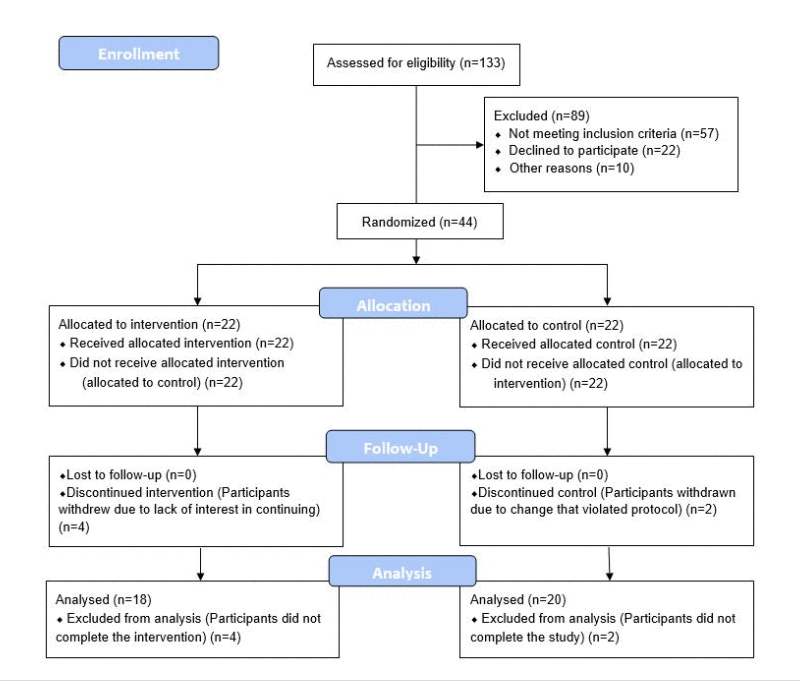A recent study revealed that participants experienced an average 8 year reduction in biological aging after taking Rejuvant® for approximately 7 months.

The Trending With Impact series highlights Aging (Aging-US) publications that attract higher visibility among readers around the world online, in the news, and on social media—beyond normal readership levels. Look for future science news about the latest trending publications here, and at Aging-US.com.
—
Waiting until the end of a subject’s lifespan is quite a leaden method of validating the efficacy of a longevity-based intervention. This method could take researchers generations upon generations to eventually validate an effective intervention—or—this method might not ever yield results seen by the general public. However, researchers may have devised an innovative way to solve this problem.
“If we hope to control the aging process, we need to learn how to measure the rate of aging in shorter time periods.”
Many researchers believe that measuring the rate of human aging can be done faster by using DNA methylation-based aging clocks. Methylation-based clocks are capable of determining human biological aging with impressive accuracy. Hypermethylated and demethylated regions of DNA (CpG islands near specific aging-associated genes) play a key role in turning certain genes on and off throughout the aging process. Therefore, methylation is a biomarker of aging. While there is a short list of currently available biological aging clocks for researchers to use in studies of anti-aging therapies, the TruAge DNA methylation test is preferable in some cases, due to its accessibility, use of simple saliva samples and cost effectiveness.
“For the first time, these biomarkers of aging give scientists the opportunity to study the effects of anti-aging compounds in real-time and directly in humans.”
In a new study, researchers from TruMe Labs, National University of Singapore and Ponce de Leon Health used the TruAge DNA methylation test to validate Rejuvant®—a patent-pending anti-aging dietary supplement. The trial study yielded unprecedented results and the research paper authored by the team was published as the cover of Aging (Aging-US) Volume 13, Issue 22, entitled: “Rejuvant®, a potential life-extending compound formulation with alpha-ketoglutarate and vitamins, conferred an average 8 year reduction in biological aging, after an average of 7 months of use, in the TruAge DNA methylation test”.
The Study
Developed at Ponce de Leon Health, Rejuvant® is composed primarily of a compound called Alpha-Ketoglutarate (AKG). This molecule is naturally produced in humans and functions as a signaling molecule, an energy donor, a precursor to amino acid biosynthesis, and a regulator of epigenetic processes. In humans and other animals, AKG levels gradually decrease with age. Other components of Rejuvant® are calcium and, for males and females, Vitamin A and Vitamin D, respectively.
“The goal of the study was to determine the effect of Rejuvant® supplementation on human biological aging by measuring DNA methylation.”
Researchers enrolled 42 healthy participants who were on average 64 years of age (43 to 72). Before taking Rejuvant®, all 42 participants completed a survey and their baseline biological age was measured using the TruMe age prediction model. The survey was a self-reported questionnaire including information about diet, alcohol intake, previous consumption of Rejuvant®, health, height and weight, sleep duration, smoking status, exercise frequency, physical activity level, meal frequency, snacking frequency, number of additional dietary supplements consumed and frequency, hair status, education, healthy lifestyle mindset, and trust in dietary supplements.
Participants (majority male; 28) took two tablets of Rejuvant® daily, for a duration of four to 10 months. Biological age was measured from saliva samples again after taking Rejuvant® for four to 10 months. At the end of the trial, participants completed the same survey. The researchers compared the baseline surveys with the final surveys to check for other confounders contributing to the results in the study. They also used the surveys to select a sub-group of 13 participants who reported no change in diet type, drinking frequency, additional dietary supplements intake, sleep duration, and exercise frequency. They compared this sup-group with the rest of the cohort. They also compared results between males and females, older and younger participants, and participants with higher biological age relative to their chronological age (aging more quickly).
Results and Conclusion
Researchers examined associations between the epigenetic clock, health status, physical fitness, and the effects of Rejuvant® on human biological aging. The researchers were forthcoming about limitations in this study. A control arm was not used, the cohort was relatively small, only one biological aging clock was used, and researchers did not collect other kinds of data relevant to aging. However, the study results showed that Rejuvant® conferred an average eight year reduction in biological aging after approximately seven months of use. The 13 participants in the sub-group saw anti-aging benefits slightly less than the rest of the cohort. Rejuvant® was more effective in chronologically older participants and in participants that were aging more quickly (with a higher biological age relative to their chronological age).
“Future randomized clinical trials will be required to confirm the findings presented here. Nevertheless, the results in this manuscript suggest that Rejuvant® may have significant effects on biological age as measured by DNA methylation of saliva samples.”
Click here to read the full priority research paper published by Aging (Aging-US).
WATCH: AGING VIDEOS ON LABTUBE
—
Aging (Aging-US) is an open-access journal that publishes research papers monthly in all fields of aging research and other topics. These papers are available to read at no cost to readers on Aging-us.com. Open-access journals offer information that has the potential to benefit our societies from the inside out and may be shared with friends, neighbors, colleagues, and other researchers, far and wide.
For media inquiries, please contact [email protected].

